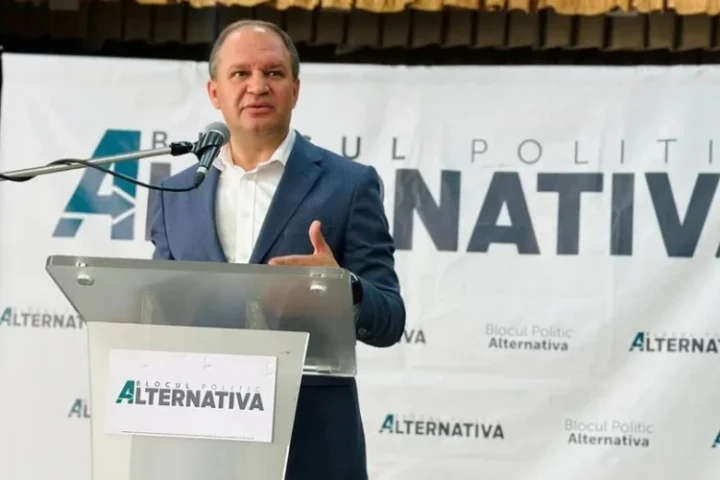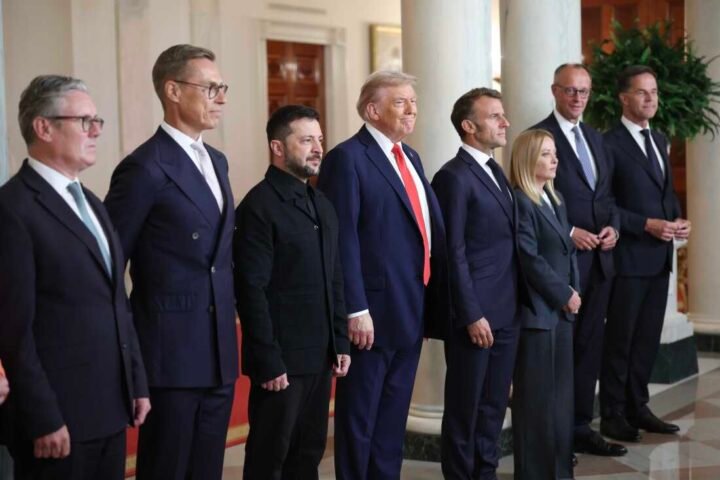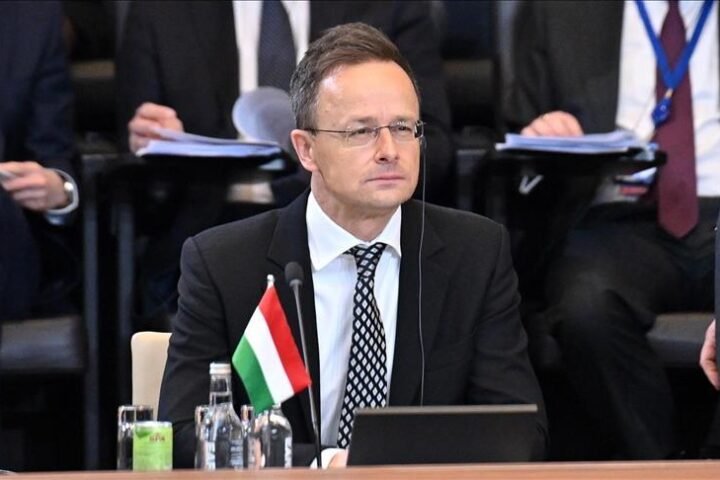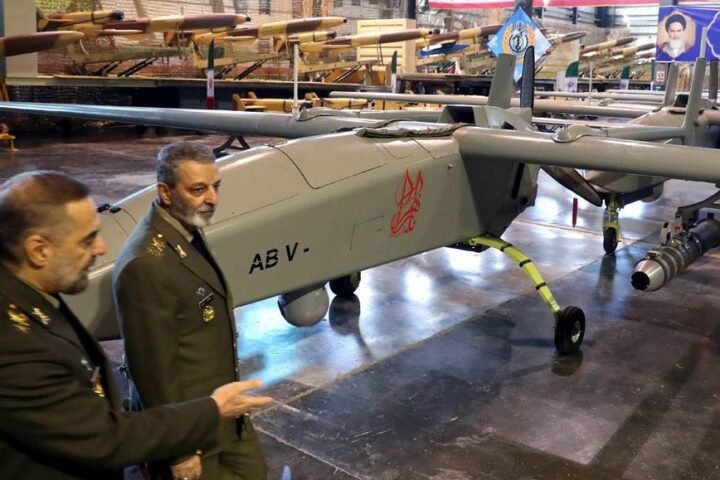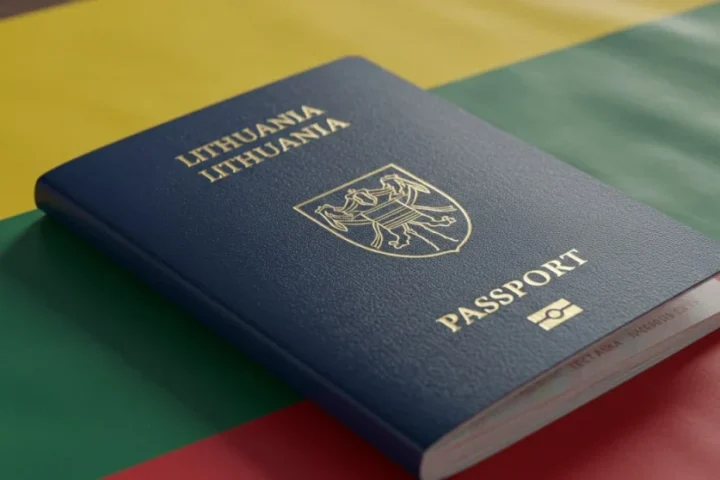On July 27, Russian conductor Valery Gergiev—a long-time Putin supporter—is set to perform in Reggio di Caserta, Italy, as part of the Un’Estate da RE classical festival. If it proceeds, the event will mark Gergiev’s first appearance in the European Union since Russia’s full-scale invasion of Ukraine in 2022, sparking a fierce debate over cultural responsibility in times of war.
Return of a regime’s cultural envoy
Gergiev, the artistic director of the Mariinsky Theatre, was banned from leading European stages after February 2022 due to his vocal support for the Kremlin. His upcoming appearance has drawn sharp criticism from Italian and European politicians, who see the concert not as a celebration of art, but as a troubling act of political legitimization.
Italian regional governor Vincenzo De Luca, who oversees the festival’s venue, defended the decision to host Gergiev, stating that “culture must not depend on political logic” and describing Europe’s initial bans on pro-Kremlin artists as a “moment of madness.”
Yet many European leaders strongly disagree.
EU officials and activists sound alarm
European Parliament Vice-President Pina Picierno condemned the event as “absolutely unacceptable,” calling Gergiev a “cultural mouthpiece of Putin and his crimes”. She emphasized that this is not about censorship but about refusing to offer Western stages to figures who actively participate in Russia’s information war.
European Commission spokesperson Eva Hrnčířová clarified that Un’Estate da RE receives no EU funding and is financed entirely from Italian public sources, but reiterated the Commission’s position: European venues should not host artists who endorse Russia’s aggression against Ukraine.
Russian opposition activists have also condemned the performance. The Anti-Corruption Foundation, linked to the late Alexei Navalny, recently uncovered Gergiev’s extensive real estate portfolio in Italy and has demanded a ban on his entry into the country.
From Tskhinvali to Crimea to Palmyra
Gergiev’s role in Russian state propaganda is well established. In 2008, he conducted in Tskhinvali during the Russo-Georgian war. In 2014, he performed in Crimea after Russia’s illegal annexation. In 2016, he appeared in Palmyra, Syria, following Russian military operations backing Bashar al-Assad—a campaign marked by widespread war crimes.
These events were not simply cultural. They were carefully staged instruments of foreign policy, designed to whitewash violence and elevate the image of the regime behind it. Unsurprisingly, Russian state media are heavily promoting Gergiev’s upcoming appearance in Italy as a symbolic victory.
Art is not neutral in war
Human rights defenders argue that slogans like “art is above politics” are a form of strategic silence, enabling complicity under the guise of neutrality. In wartime, the refusal of public figures to condemn aggression often serves to normalize it.
As an artist with close ties to a regime known for jailing dissenters and weaponizing culture, Gergiev is not a neutral actor. He is a conductor of ideology as much as music, and his appearance on a European stage risks signaling a tacit acceptance of Russia’s ongoing aggression.
The cost of cultural complacency
Italy’s decision carries symbolic weight. Hosting Gergiev while simultaneously condemning Russian war crimes sends a confused message to its European allies and to Ukraine. It risks undermining the EU’s collective effort to isolate Russia diplomatically and culturally.
Cultural sanctions—such as denying visas, awards, or public contracts—are not attacks on free expression. They are necessary guardrails to prevent the arts from being co-opted as tools of repression and propaganda. As history shows, culture is powerful—and with power comes responsibility.


